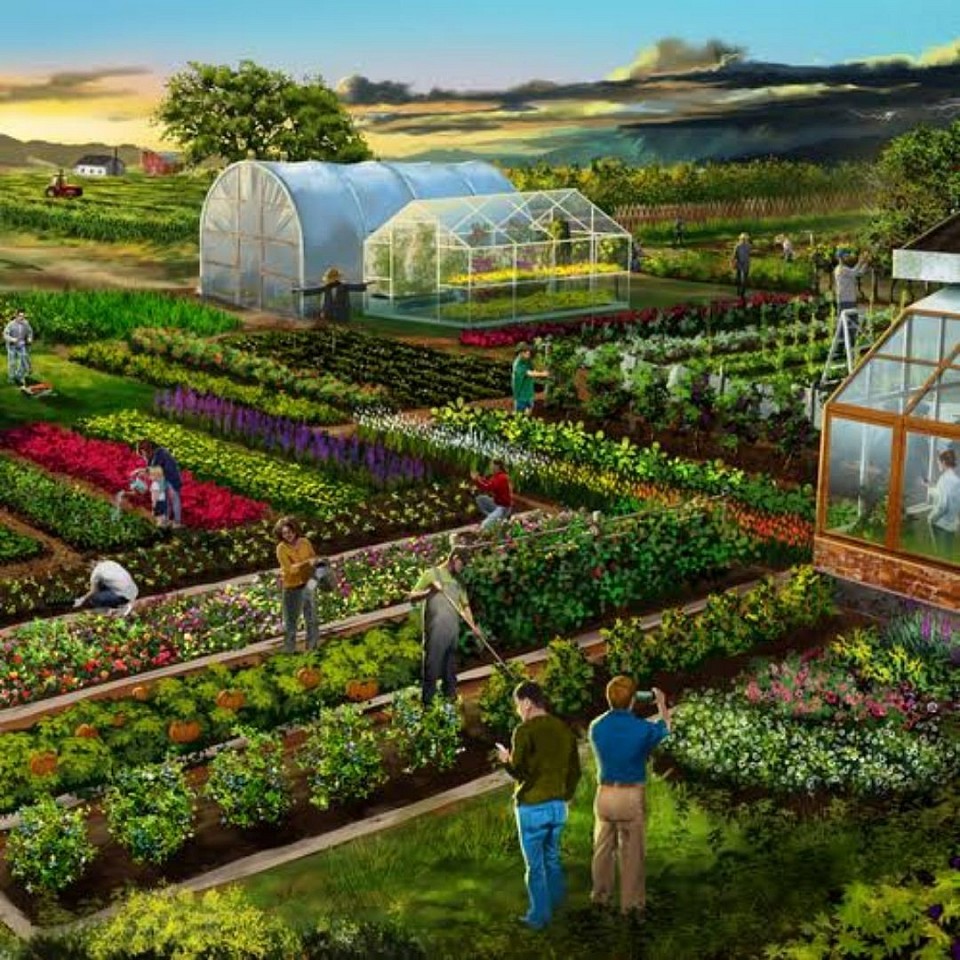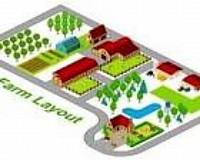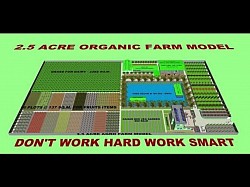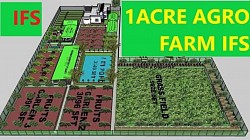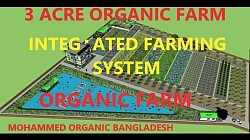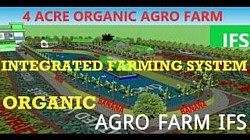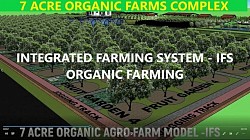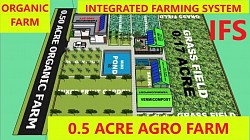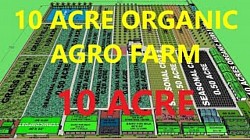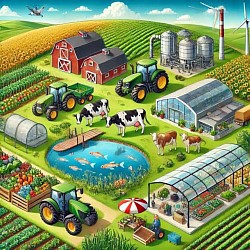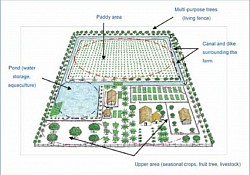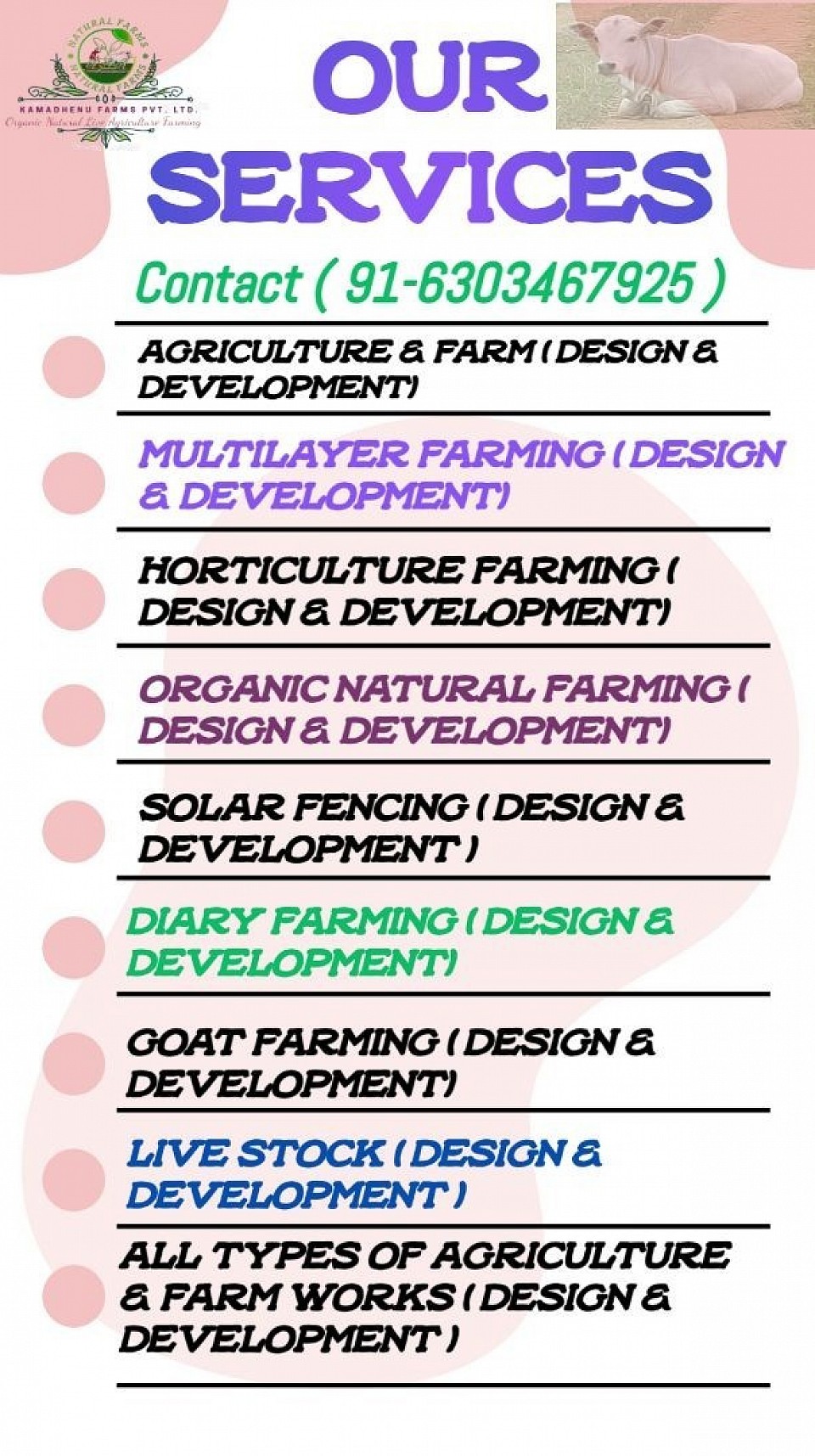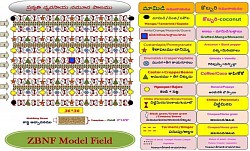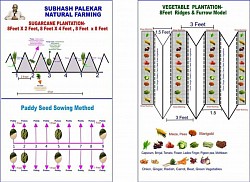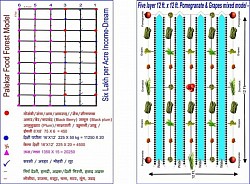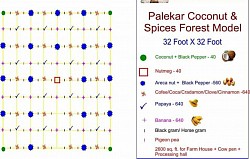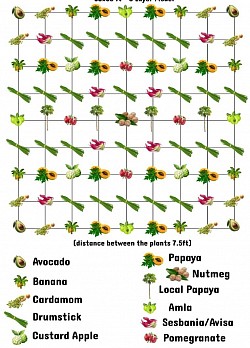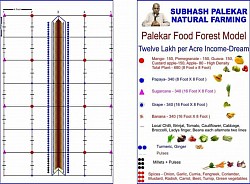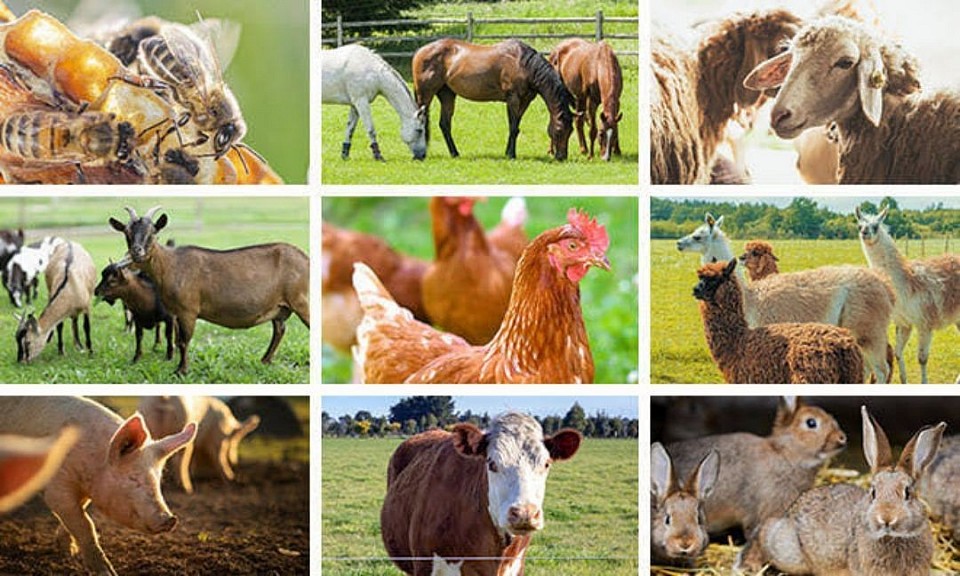Agriculture Planning & Design & Development
Agriculture farm design and development involves creating sustainable, productive agricultural systems by analyzing site conditions, designing an efficient layout with appropriate structures and irrigation, and implementing modern technologies and sustainable practices like organic farming, crop rotation, and smart irrigation systems to optimize yield, resource management, and profitability. Development also includes soil improvement, pest control, infrastructure for storage and machinery, and potentially incorporating agritourism or digital platforms to enhance a farm's overall value and market access.
I. Design Phase
This phase focuses on planning the farm's physical and functional aspects.
1. Site Analysis:
Topography and Climate: Evaluate land contours and local weather patterns to design for natural drainage, water conservation, and suitable crop selection.
Soil Testing: Analyze soil fertility to guide decisions on amendments, crop types, and organic matter enrichment.
Resource Assessment: Determine the availability of resources like water, power, and access to roads for transporting supplies and produce.
2. Farm Layout:
Component Placement: Design an efficient layout for different farm components, such as animal housing, storage areas, and planting fields, considering their functional relationships.
Orientation: Orient buildings to minimize sunlight exposure and place livestock structures to minimize odor issues.
Infrastructure: Plan for essential infrastructure like irrigation, drainage, pathways for machinery, and a secure water source.
3. Functional Planning:
Production System: Determine the type of farming system (e.g., mixed farming, organic) and the specific crops or livestock to be raised.
Machinery and Equipment: Design areas for the storage and movement of farm equipment.
Future Expansion: Incorporate potential future expansion plans into the initial design.
II. Development Phase
This phase involves the practical implementation and ongoing management of the farm.
1. Land and Soil Improvement:
Soil Preparation: Prepare the soil by optimizing its fertility and structure for optimal growth.
Erosion Control: Implement terraces and trenches on slopes to prevent soil erosion and conserve water.
2. Infrastructure and Technology:
Irrigation: Install efficient irrigation systems like drip irrigation, especially in drought-prone areas.
Renewable Energy: Incorporate renewable energy sources like solar power to reduce operational costs and carbon footprint.
Digital Tools: Utilize smart farming technologies, including IoT, AI, and mobile apps for monitoring, data analysis, and improved decision-making.
3. Sustainable Practices:
Crop Rotation and Biodiversity: Employ crop rotation and promote biodiversity to maintain soil health and reduce pest issues.
Water Conservation: Implement water-efficient practices to manage water resources sustainably.
Waste Management: Develop strategies for waste reduction, such as using manure for biogas production or compost.
4. Market and Business Development:
Value Addition: Develop facilities for storing and processing produce, creating value-added products.
Agritourism: Integrate facilities like educational centers, restaurants, and accommodations to attract visitors and generate additional income.
Digital Presence: Develop an online presence or e-commerce platform to reach more customers and improve market access.
Our Services List
Agriculture farm services include agricultural consulting, farm mechanization, soil and water management, loan and credit facilitation, insurance services, input supply (seeds, bio-fertilizers), market linkage, training on sustainable practices, and post-harvest services like storage and processing. Services can also be organized as custom hiring centers for machinery or Farming-as-a-Service (FaaS), which offers equipment and expertise on a subscription or pay-per-use basis.
Core Agricultural Services
Consultancy & Advisory:
Expert advice on land and soil, water management, organic and commercial farming, and agricultural engineering.
Farm Mechanization & Equipment:
Services for the purchase, sale, repair, and custom hiring of farm machinery and tools.
Soil & Water Management:
Techniques for soil conservation, watershed development, and micro-irrigation systems to improve resource management.
Input Supplies:
Provision of high-quality seeds, bio-fertilizers, biopesticides, and other farm inputs, often with quality assurance and at competitive prices.
Financial Services:
Facilitating access to institutional loans, credit, and crop/livestock insurance schemes.
Market Linkages:
Connecting farmers to buyers for their produce, improving market access, and supporting quality management.
Training & Capacity Building:
Providing training on sustainable production practices, such as organic farming, animal husbandry, and beekeeping.
Specialized Services
Organic Farming: Services specifically for organic farming, including input supply, consultancy, and support for organic certification.
Horticulture & Floriculture: Services related to fruit and vegetable cultivation, as well as flower farming.
Livestock & Dairy Farming: Services for animal husbandry, including goat, poultry, and dairy farming.
Hydroponic Farming: Innovative farming techniques that involve growing crops without soil.
Beekeeping & Honey Production: Services supporting honey production and other apiculture-related activities.
Innovative Service Models
Custom Hiring Centers (CHCs):
Centers that provide shared access to farm implements and skilled labor, enabling farmers to use advanced machinery on a pay-per-use basis.
Farming-as-a-Service (FaaS):
A subscription or pay-per-use model for professional farming solutions and services, integrating technology and expertise for efficient operations.
Government & Private Sector Support
Schemes & Subsidies:
Government schemes and programs that offer financial support, subsidies, and access to entitlements for farmers.
Digital Platforms:
Online portals and platforms that provide information on schemes, market prices, and facilitate access to resources and services.
